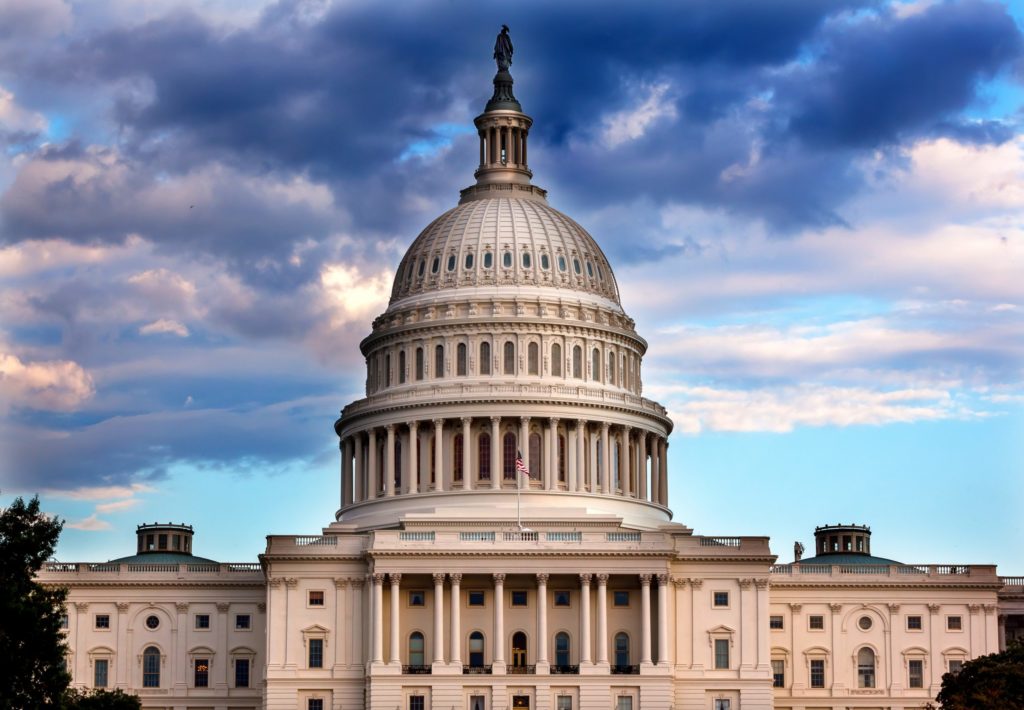Telehealth: Policy suggestions going forward
The COVID-19 pandemic was the catalyst for a sea change in the way telehealth is used, but as the country attempts to bounce back the question becomes which expansions should continue.
A new report from conservative think tank R Street looked at telehealth expansions introduced during the pandemic, specifically audio-only appointments, live-video appointments, store-and-forward, and cross-state licensing.
Arizona has been particularly proactive in making these expansions permanent with legislation being passed earlier this year overhauling the state’s regulation of telehealth. A host of other states have also taken steps to permanently adopt some of the expansions introduced due to the pandemic, according to the report.
The report also lists policy suggestions about what should continue:
- Audio-only telehealth expansions – These visits can be particularly important for rural and low-income areas without broadband access. Policymakers should consider which of these pandemic-era policies were most helpful to these communities and allow them to become permanent.
- Take better advantage of store-and-forward telehealth – This mode of telehealth allows patients to upload medical data for a physician to review at a later time for diagnosis. More states should adopt legislation to reimburse store-and-forward telehealth.
- Increase flexibility for patients and physicians in different states – In-state medical license restrictions can limit a physician’s reach. Policymakers should look to join a licensure compact or eliminate in-state license requirements.
“Debates will continue over when and how it is appropriate and safe to use telehealth, but one thing is clear. Telehealth is vital to the future of health care in the United States,” Courtney Joslin, R Street Institute resident fellow for competition policy, says in the report. “It has the ability to solve many health care access issues, but regulatory restrictions greatly hinder its usefulness.”









